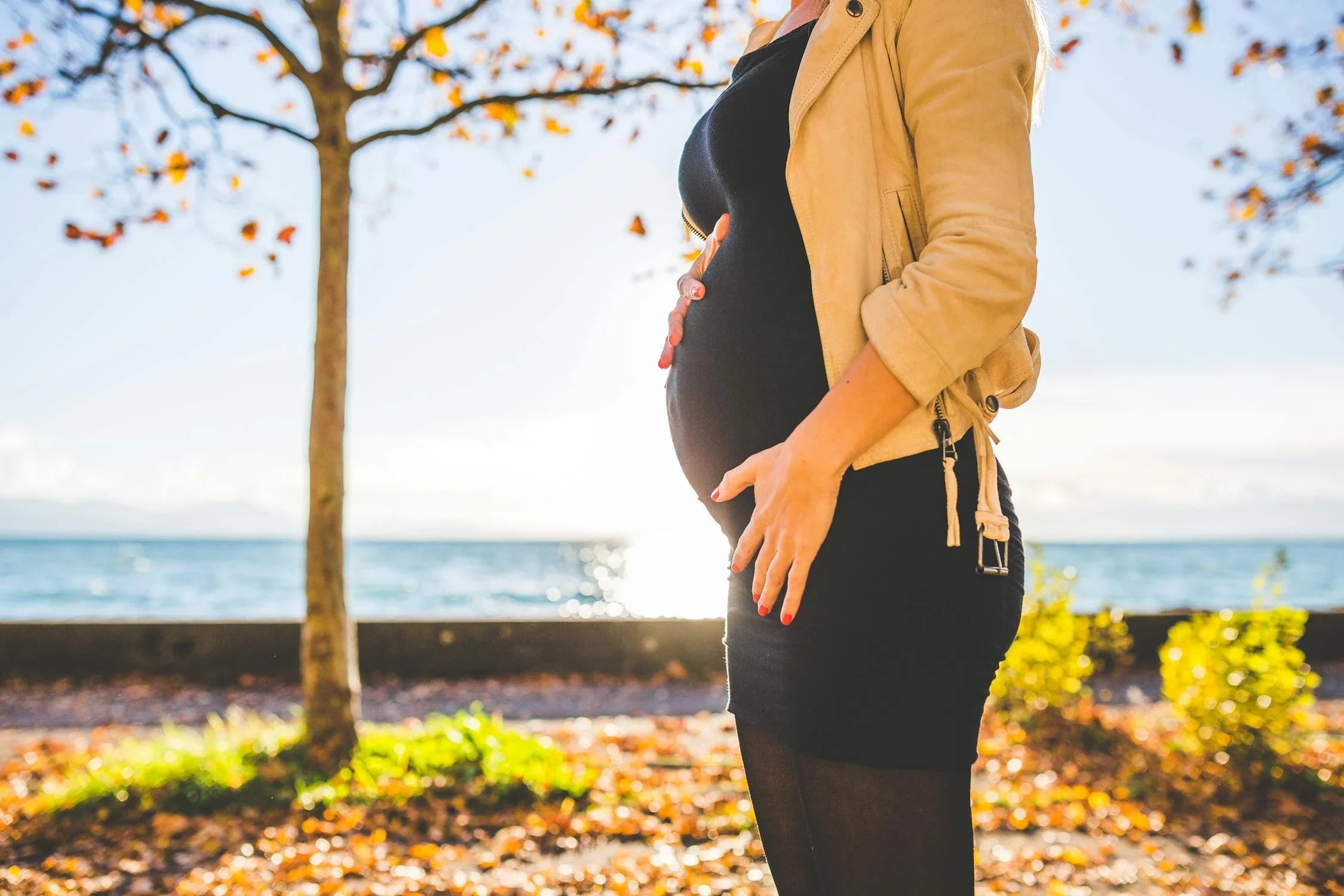Home
Pregnancy, Breastfeeding, and Pumping: The Ultimate Guide for Moms
Does Alcohol Mess with Pregnancy Tests? What You Need to Know

Does Alcohol Mess with Pregnancy Tests? What You Need to Know
When it comes to pregnancy tests, accuracy is everything. Many women wonder if their lifestyle choices, such as alcohol consumption, could interfere with the results. This article dives deep into the science behind pregnancy tests, how they work, and whether alcohol can mess with their accuracy. Read on to get the facts and ensure you’re taking the right steps for reliable results.
How Pregnancy Tests Work
Pregnancy tests detect the presence of human chorionic gonadotropin (hCG), a hormone produced by the placenta after a fertilized egg attaches to the uterine lining. Most home pregnancy tests use urine samples to measure hCG levels. These tests are designed to be highly sensitive, often detecting hCG as early as 10 days after conception.
Can Alcohol Affect Pregnancy Test Results?
The short answer is no. Alcohol consumption does not directly interfere with the ability of a pregnancy test to detect hCG. However, there are a few indirect factors to consider. For example, excessive alcohol intake can lead to dehydration, which might concentrate your urine and potentially affect the test’s readability. Additionally, alcohol can impair judgment, leading to errors in following the test instructions.
Other Factors That Can Impact Pregnancy Test Accuracy
While alcohol isn’t a direct culprit, several other factors can influence the accuracy of pregnancy test results. These include:
- Timing: Testing too early can result in a false negative, as hCG levels may not yet be detectable.
- Medications: Certain fertility drugs containing hCG can lead to false positives.
- Expired Tests: Using an expired or faulty test can yield inaccurate results.
- Improper Usage: Failing to follow the instructions carefully can compromise the test’s reliability.
Tips for Accurate Pregnancy Testing
To ensure the most accurate results, follow these tips:
- Wait until after you’ve missed your period to test.
- Use your first-morning urine, as it’s typically more concentrated.
- Read and follow the test instructions meticulously.
- Check the expiration date before using the test.
- If in doubt, retest after a few days or consult a healthcare professional.
The Role of Alcohol in Early Pregnancy
While alcohol doesn’t affect pregnancy test results, it’s crucial to consider its impact on early pregnancy. Drinking alcohol during pregnancy can harm the developing fetus and lead to complications such as fetal alcohol spectrum disorders (FASDs). If you suspect you might be pregnant, it’s wise to avoid alcohol altogether until you’ve confirmed your pregnancy status.
When to Seek Medical Advice
If you receive a positive pregnancy test result, schedule an appointment with your healthcare provider to confirm the pregnancy and begin prenatal care. If your test is negative but you’re experiencing pregnancy symptoms or have concerns, consult a doctor for further evaluation.
Understanding how pregnancy tests work and the factors that can influence their accuracy is essential for peace of mind. While alcohol doesn’t directly mess with pregnancy tests, staying informed and taking the right precautions ensures you get the most reliable results. If you’re trying to conceive or suspect you might be pregnant, prioritize your health and well-being for the best possible outcome.
Share
